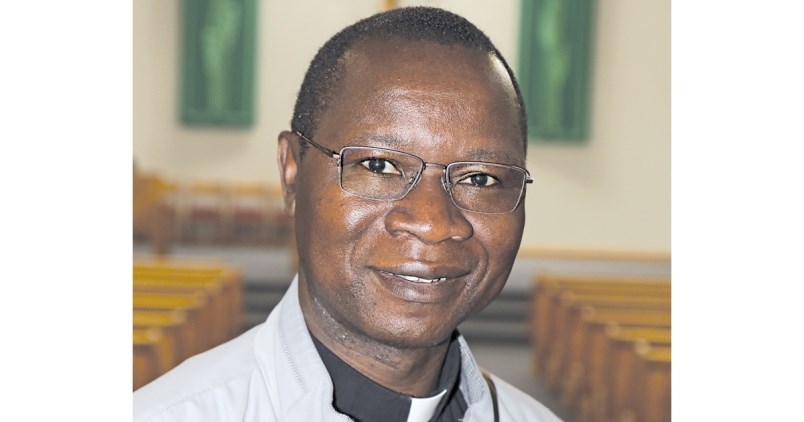In the early 1960s, it was discovered that heart disease seemed much less prevalent in the town of Roseto, Pa. than the neighbouring town, Bangor, Pa.
Roseto was a town of 1,600 Italian-Americans. Teams of medical researchers could not figure out the reason. Neither diet, genes, healthy habits, environment or statistical anomaly could account for it. In the end, health officials tracked the secret to good health in Roseto: a strong sense of community, and very strong bonds of family and friendship. Every home in the town had three generations living in it.
The research team concluded: “In terms of preventing heart disease, it’s just possible that morale is more important than jogging or not eating butter.”
Community is vital. But it does not happen by accident; it results from interaction, the presence of the Holy Spirit and sacrificial generosity. Let us examine these closely.
We are wired for interaction and not for isolation. The irony of life, however, is that though we are the most advanced generation, communication wise, yet we are the most disconnected. It is as if we use the multiple devices at our disposal to disconnect from each other.
Jesus interacted with the disciples he chose to be with him (Mark 3:13-14) and was able to form a community as a result. The greatest obstacle to interaction is the failure to be present to each other. We are always somewhere else.
The presence of the Holy Spirit is essential to community. In Acts 2, community evolved the moment the disciples received the Holy Spirit. Consequently, to attempt to build community without finding ways to connect with God, individually and collectively, is futile. Relationships that lack a spiritual foundation are testimonies to this fact. If your relationship is empty, it is because he is absent.
Another quality is sacrificial generosity. It is this sense of generosity that enabled the early Christians to build a community life.
According to Kahil Gibran: “Generosity is not giving me that which I need more than you do, but it is giving me that which you need more than I do.”
If we place our gifts at the disposal of each other, our needs are met, and community thrives. Unfortunately, this is not easy. The difficulty of practising generosity is apparent even in the Bible (Acts 5:1-11).
The initial research team that went to Roseto predicted that the health benefits would diminish as successive generations ‘Americanised’ and lost their sense of community. A 50-year study found their prediction to be accurate. We all know the benefits of community and we yearn for it.
Ron Rolheiser captures this yearning: “We all ache for community and tend to be dissatisfied with what we’re actually experiencing in our lives. Everywhere, it seems, people are looking for community and complaining that their families, churches, and workplaces are disappointing them. There is a general frustration about community, at every level.”
True community can only emerge through interaction, making room for the Holy Spirit and practising sacrificial generosity.



